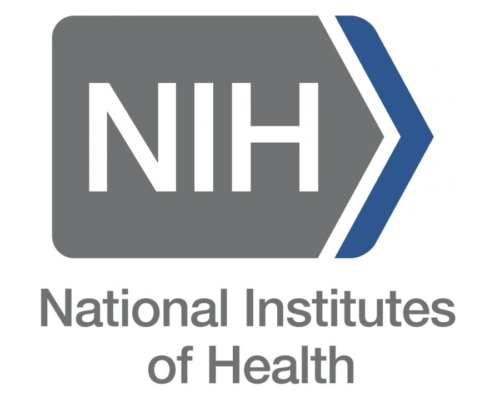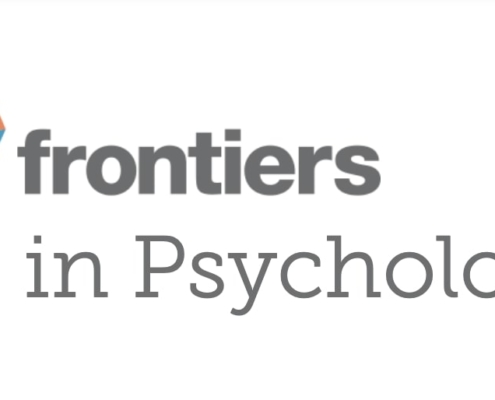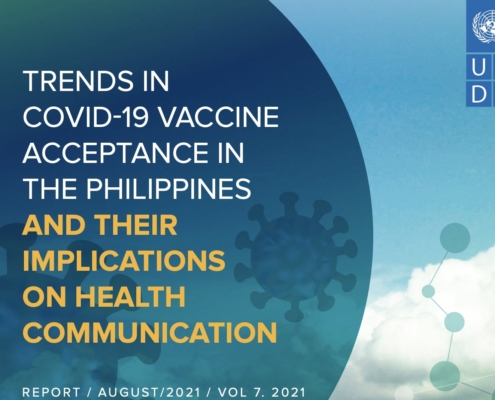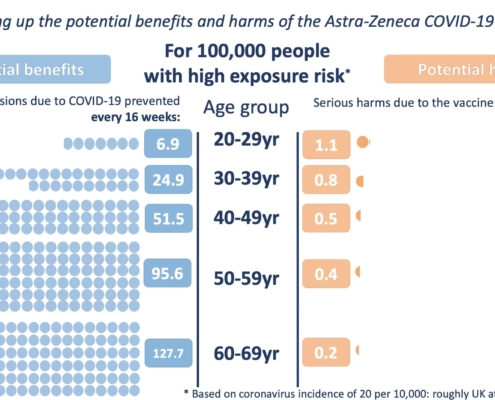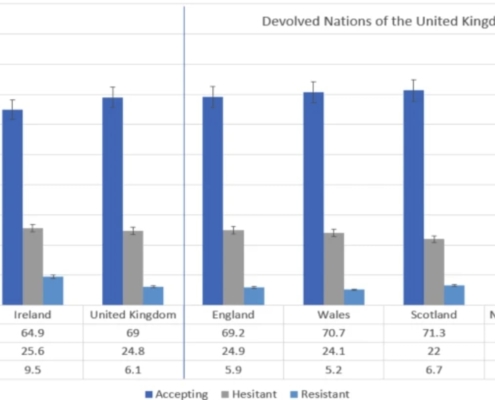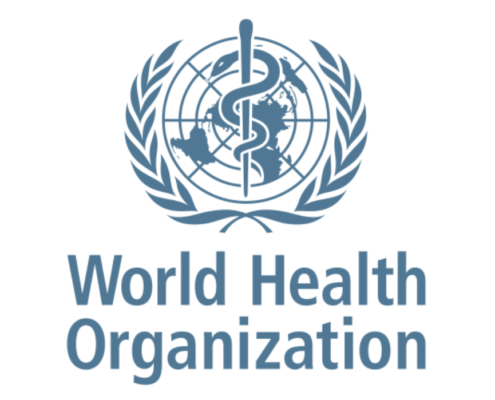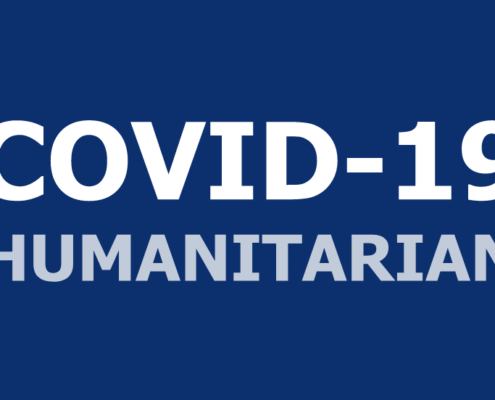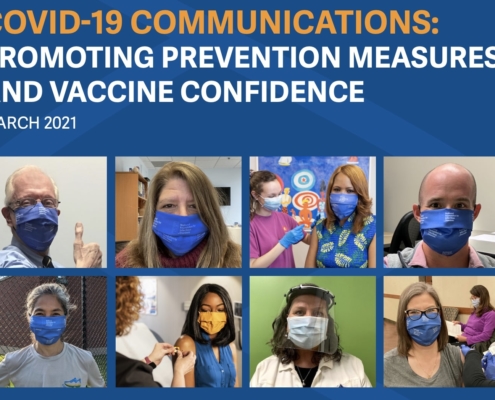
The COVID Communication Network website was originally developed by Breakthrough ACTION (USAID Cooperative Agreement #AID-OAA-A-17-00017) under the leadership of Johns Hopkins Center for Communication Programs. This website is now maintained by Johns Hopkins Center for Communication Programs and its contents are the sole responsibility of CCP. The contents of this website do not necessarily reflect the views of USAID, the United States Government, or Johns Hopkins University.


